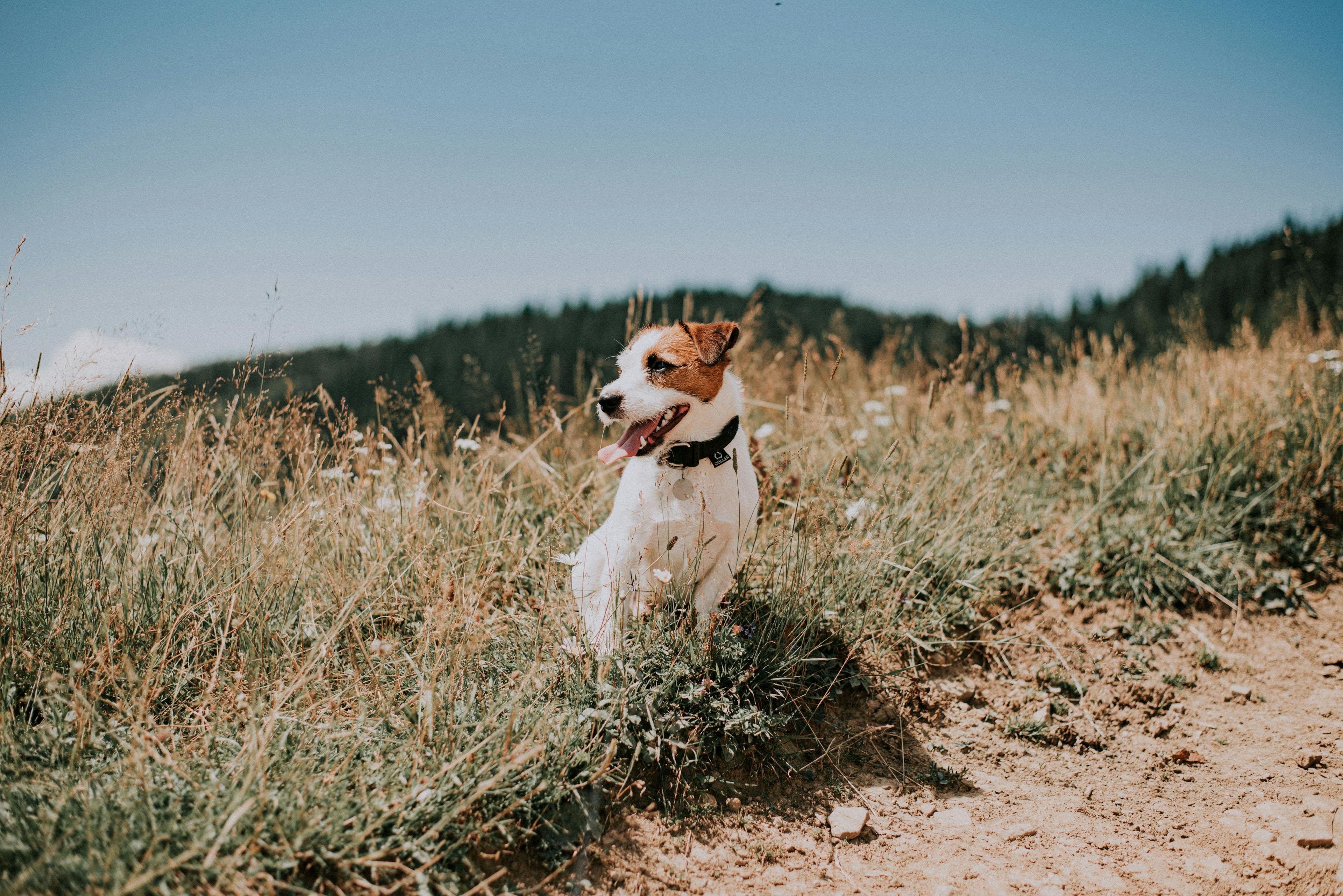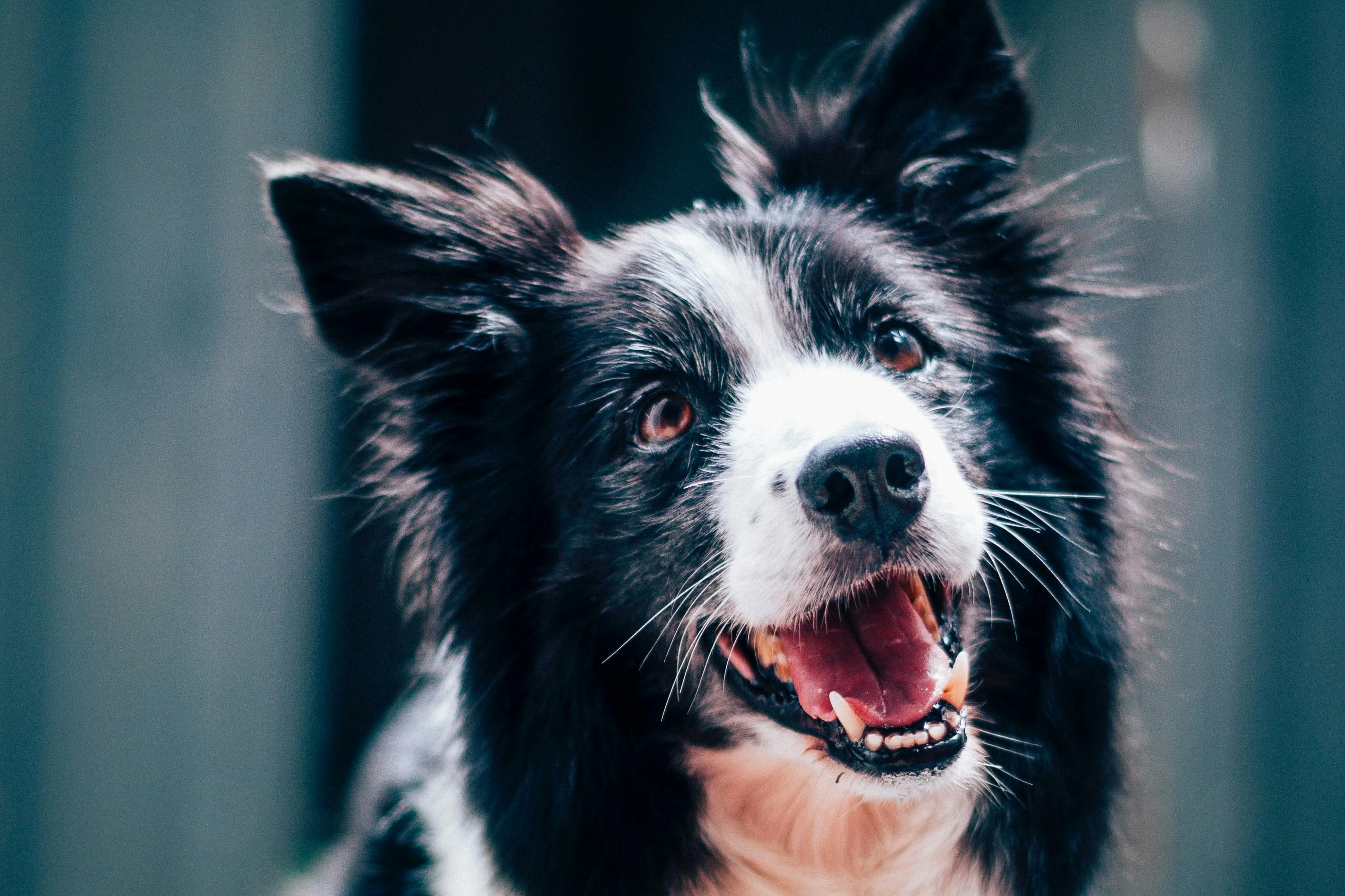Jack Russell Guide
Brief info about your dog's breed of jack russell:
Weight: male and female 7 - 12 kg
Male and female 20 - 30 cm
Energy level: High
Life expectancy: 13 - 15 years
Tendency to drool: Small
Tendency to snore: Slight
Tendency to bark: Large
Tendency to dig: Large
Social Needs: Medium
Designed for: Fox hunting
Colours: White, white with black or brown parts
Health problems: None directly, it is a healthy breed!
The Jack Russell Terrier is a lively and happy dog that loves to work. It has a lot of energy and therefore needs to be worked both physically and mentally. The Jack Russell loves to dig and explore. The breed was originally bred for fox hunting, so hunting is in their nature, so obedience training is important.but be prepared, your Jack Russell will most likely, at some point in his life, slip away and explore the neighbourhood on his own.
Grooming
Among Jack Russells there are several different types of coat, smooth, rough or broken. All three are considered easy to care for. A Jack Russell should not be clipped, only trimmed. If clipped, there is a risk that the coat will become porous and start to absorb fluids and dirt, meaning the dog will freeze much faster in rain and snow. If you have a Jack Russell with a smooth coat, you don't need to bathe it more than a couple of times a year, or as needed. If you have a dog with a coarse coat, you'll need to wash it about every two months. Always choose a shampoo designed for dogs.
Dog clipping
Of course, your dog's claws need to be taken care of! Claws should be clipped as needed, but a recommendation is not to wait too long, once a month may be enough. It's better to clip a little and often than a lot and rarely. You need to get your dog used to having its claws clipped from an early age, in the claw clipping course we give you our best tips on how to clip your dog's claws!
Socialisation
Jack Russells are often independent and can be stubborn dogs. They often need training to get along with other pets and people. It is important that they are socialised and environmentally trained from the time they are puppies to ensure that they become secure individuals who fit into your life. You can learn more about socialisation and environmental training in this course.
Tooth brushing
Brushing your dog's teeth can be a challenge at first, but in fact it's essential for good oral health. Start practicing early, be patient and let it take time. You can learn more about how and why to brush your jack russell's teeth here.
Weight control
They should have a compact and muscular body, with a jack russel you really get a lot of dog in a small body! However, it's not good for dogs to be overweight, so make sure your jack russell maintains an appropriate weight. In the Weight Control course you can learn more about how to make sure your dog doesn't become overweight, and what you should do if it is. To easily check if your dog is the right size, you can learn how to examine the dog's body, as Lassie's vet shows in this video.
Stomach problems
Dogs sometimes eat things that are not suitable for dogs to eat, which can lead to vomiting and/or diarrhoea, among other things. Vomiting and diarrhoea are a common reason why dogs take their pets to the vet, but in fact, in many cases you can treat vomiting and/or diarrhoea at home. Learn more about when you can and can't treat your dog yourself at home here.





